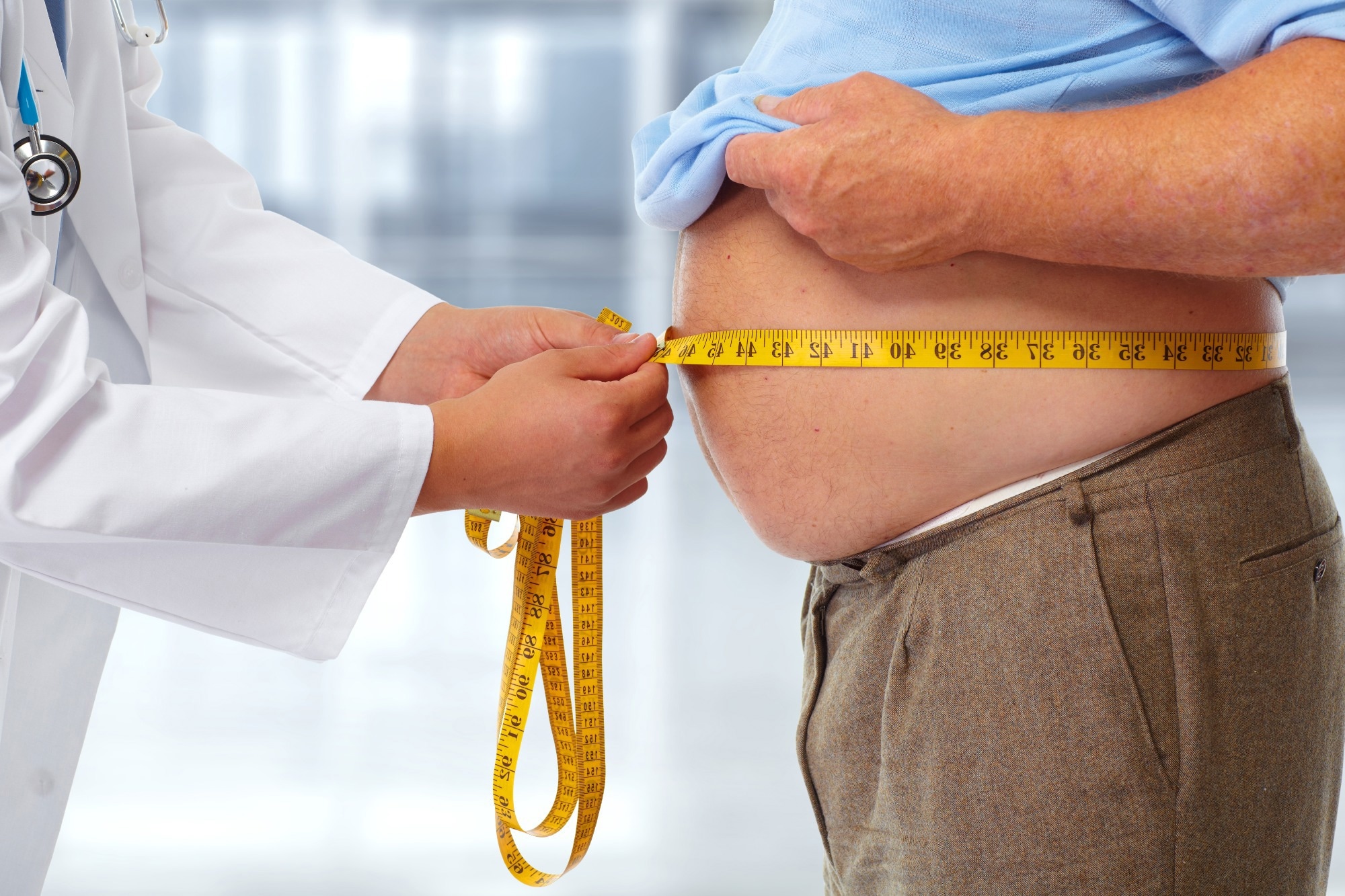Obesity, a significant global health issue, is skyrocketing at an alarming rate. The World Health Organization (WHO) characterizes obesity as an unhealthy excess of body fat that negatively affects an individual's well-being. Fresh data reveals that in 2016, about 11.1% of males aged 18 and older were categorized as obese, and 38% were overweight. This alarming statistic implies that nearly half of the worldwide male population is grappling with weight issues, either being overweight or obese. Both conditions, distinguished by an unusually high or extreme fat accumulation that is hazardous to health, are categorized by a body mass index (BMI) exceeding 25 for being overweight, and above 30 for obesity. Astonishingly, the global burden of disease study in 2017 highlighted that this concern has escalated into an epidemic, leading to over 4 million deaths every year due to overweight and obesity-related issues.
Several studies have indicated that male fertility is affected by obesity. However, the exact mechanism by which obesity influences male fertility is not precise. A recent study published in the journal Basic and Clinical Andrology examined the underlying mechanisms related to obesity-related sperm alteration.
 Study: Male obesity is associated with sperm telomere shortening and aberrant mRNA expression of autophagy-related genes. Image Credit: kurhan / Shutterstock
Study: Male obesity is associated with sperm telomere shortening and aberrant mRNA expression of autophagy-related genes. Image Credit: kurhan / Shutterstock
Background
An increased BMI negatively influences steroidogenesis and spermatogenesis. In the peripheral adipose tissue, the aromatization of steroids to estrogens leads to elevated estradiol levels, which initiates negative feedback at the hypothalamic-pituitary level, causing secondary hypogonadism. Oxidative stress and inflammation can also result in increasing sperm DNA fragmentation, alterations in spermatogenesis, and germ cell apoptosis.
Oxidative stress linked to obesity causes sperm alteration. An increased reactive oxygen species (ROS) coupled with decreased antioxidant capacity causes oxidative stress (OS). This imbalance influences secondary messengers, which ultimately have deleterious effects on cell functions and cell components. There is a need to unfold the underlying mechanisms that connect obesity with sperm parameters. This information will aid in the development of therapeutic or preventive measures for male obesity-induced infertility.
Telomeres are repeating nucleotide sequences that are present at the end of chromosomes. Telomere length is used as a biomarker for DNA integrity. In germ cells, telomerase, a reverse transcriptase, is highly expressed, and it ensures the maintenance of telomere length. Obesity is a risk factor for the reduction in telomere length. Therefore, it is important to understand the relationship between the alteration in sperm telomere length (STL) and obesity.
The autophagy mechanism is prominently present in spermatozoa, which can be dysregulated through obesity. This mechanism is essential for cells because it removes damaged organelles and provides bioenergetic substrates necessary for cell survival. During obesity, a limited amount of energy substrate is present in cells, and the AMP-activated protein kinase (AMPK) signaling pathway triggers autophagy in response to nutrient stress. Several genes are also associated with male subfertility and obesity.
About the Study
In this study, semen samples were collected from 32 individuals with obesity and 32 individuals with normal body mass index (BMI). All participants were below 45 years of age. These participants were selected among those who visited the fertility clinic for a routine fertility evaluation before trying to conceive.
Participants selected in this study had no indications of Klinefelter’s syndrome, varicocele, anatomical disorders, genital infection, azoospermia, and hypogonadism. In addition, none of the participants had diabetes, smoked, consumed alcohol, were under cholesterol-lowering medications, or had a history of weight loss.
Study Findings
Obesity was found to be negatively associated with sperm volume, progressive motility, and total sperm count. In addition, this study found that obesity increases sperm DNA fragmentation, increases intracellular ROS levels, and increases the percentage of sperm with immature chromatin, which is consistent with previous research.
Previous studies have highlighted that altered DNA integrity affects male fertility and embryonic development. As stated above, ROS plays a significant role in OS generation, adversely affecting spermatozoa by damaging single- and double-strands of DNA.
Consistent with previous studies, the present study observed that obesity reduces sperm viability by accelerating apoptosis. Notably, the percentages of spermatozoa with early apoptosis and necrosis were similar between obese patients and those with normal BMI. Therefore, the authors claim this to be the first report to observe lower sperm viability in obese patients due to higher percentages of late apoptosis.
Obesity was found to be associated with a lower value of relative STL, which leads to sperm telomere shortening. A significant negative correlation between relative STL and DNA fragmentation index (DFI), age, BMI, percentage of sperm with immature chromatin, and intracellular ROS levels was observed in obese patients. Telomere shortening was not directly linked with obesity; rather, it resulted from a multifactorial mechanism. For instance, obesity-related elevated ROS levels contribute to telomere shortening, which affects male fertility.
In the control group, relative STL was found to be only negatively correlated with DFI and intracellular ROS levels. However, it was not associated with age, BMI, or the percentage of sperm with immature chromatin. An alteration in autophagy-related genes, such as AMPKa1, BAX, Beclin1, BCL2, and ULK1, mRNA expression in spermatozoa was observed in patients with obesity. A significant up-regulation in mRNA expression of Beclin1, ULK1, and BCL2 was identified in obese patients. Therefore, dysregulation in the mRNA expression of genes linked with autophagy was found in the spermatozoa of an obese patient
Conclusions
The current study indicated that the generation of OS, along with dysregulated autophagy-related gene expression, sperm telomere shortening, and impairment in DNA integrity, is the potential cause for reduced male fertility in obese patients. This study provided better insights into obesity-related sperm alteration.